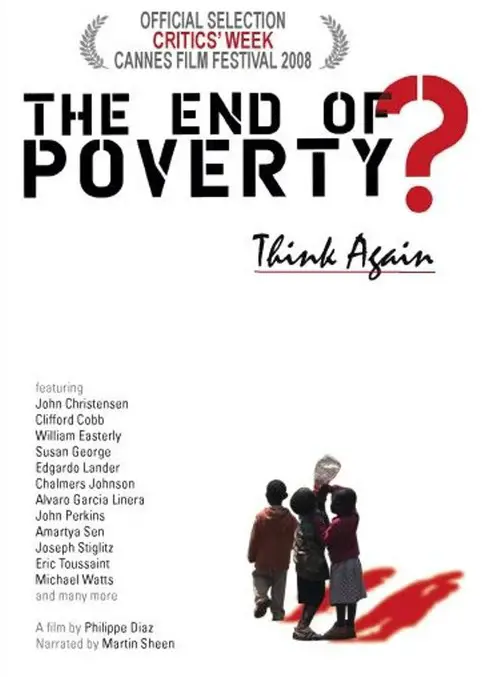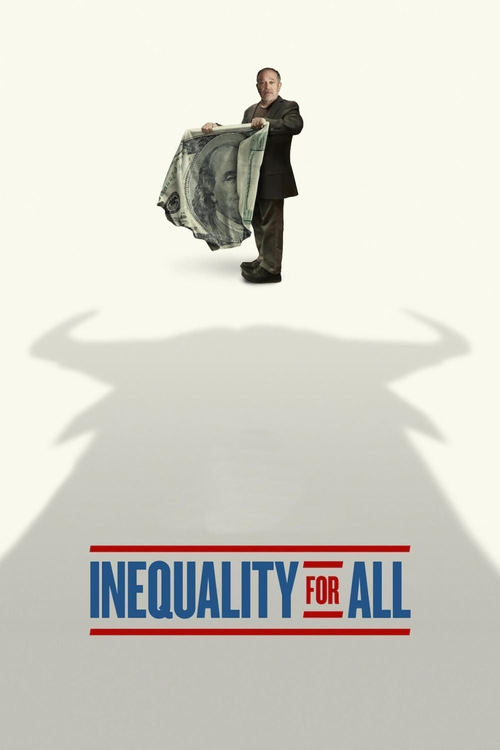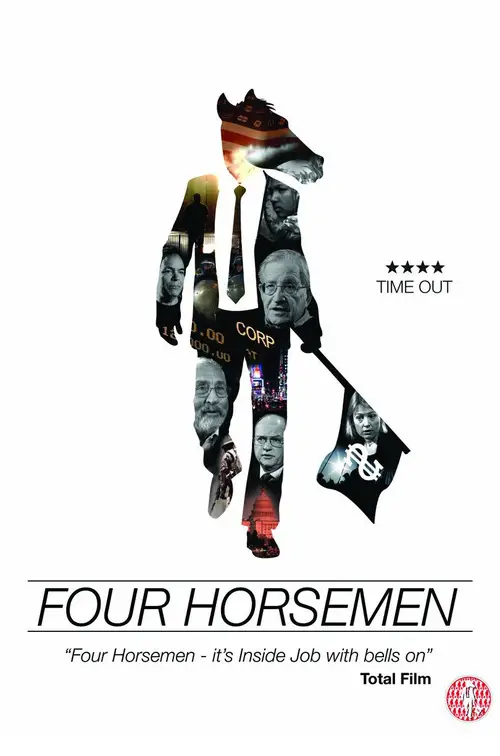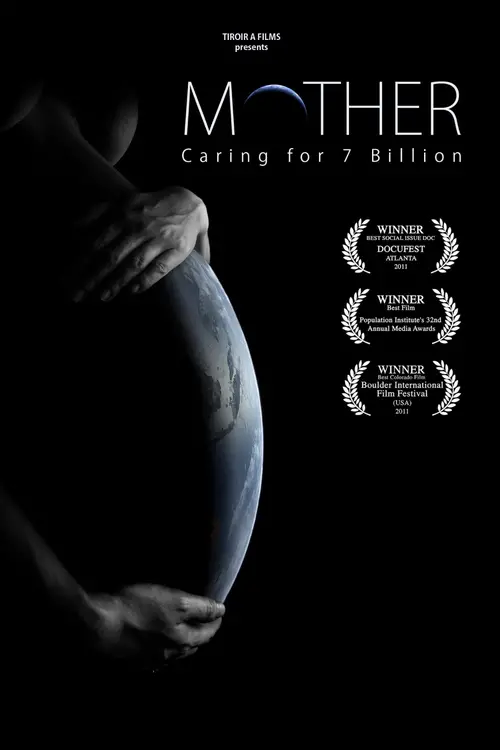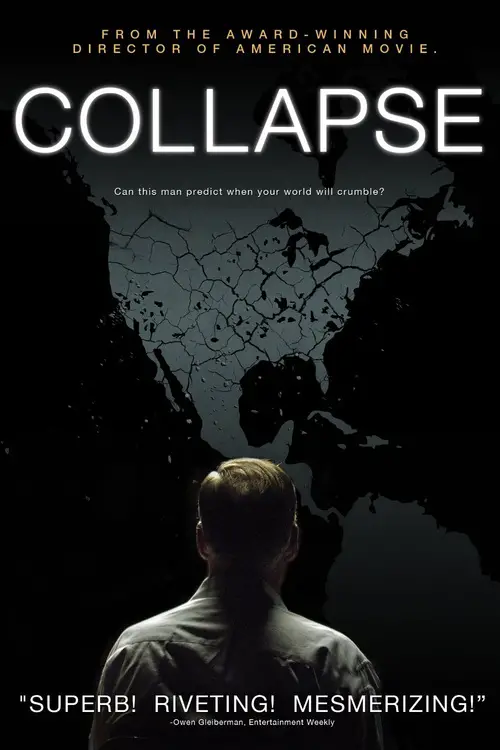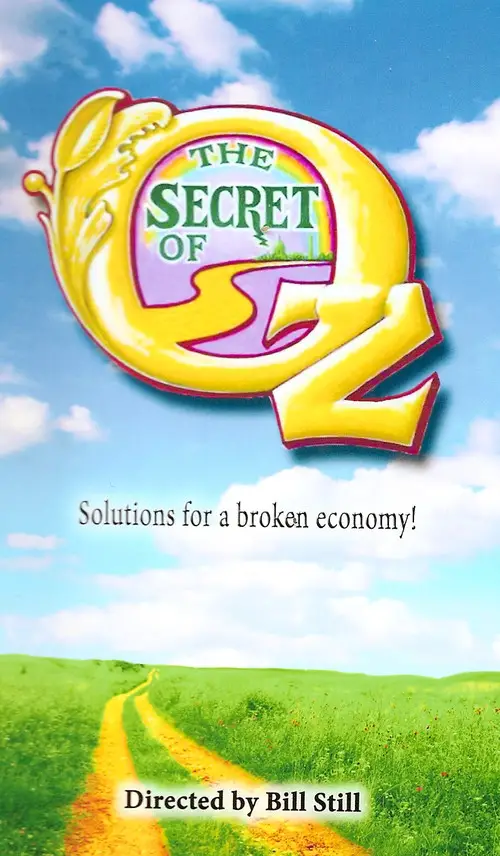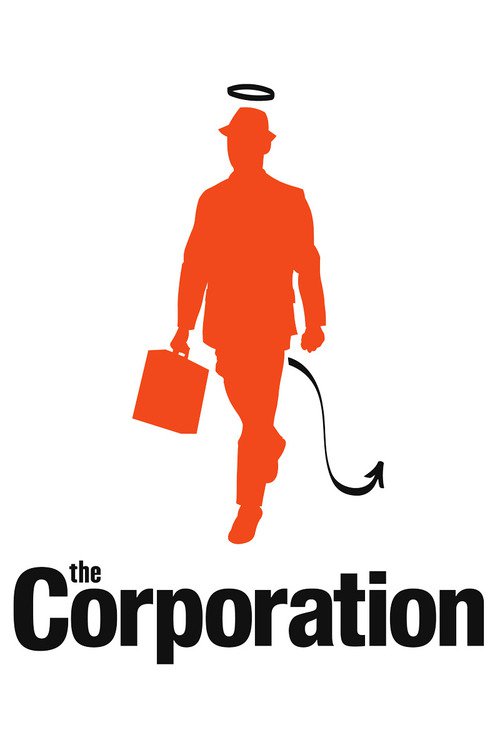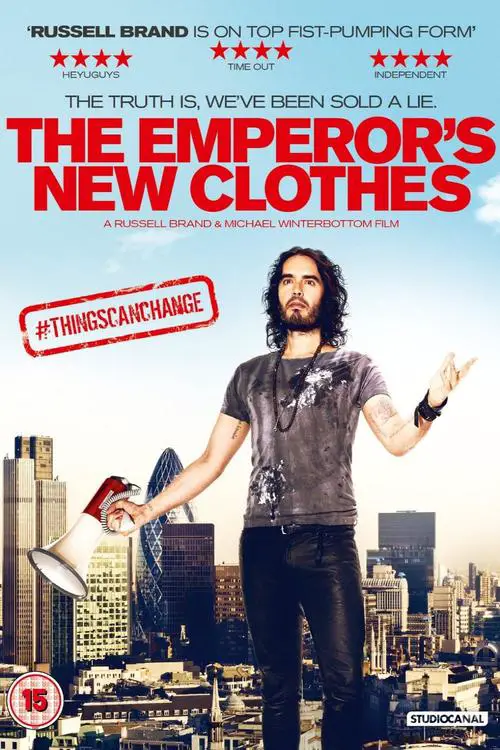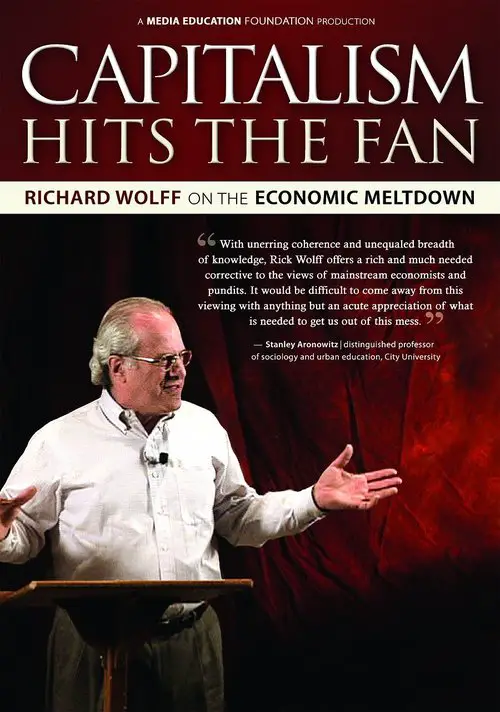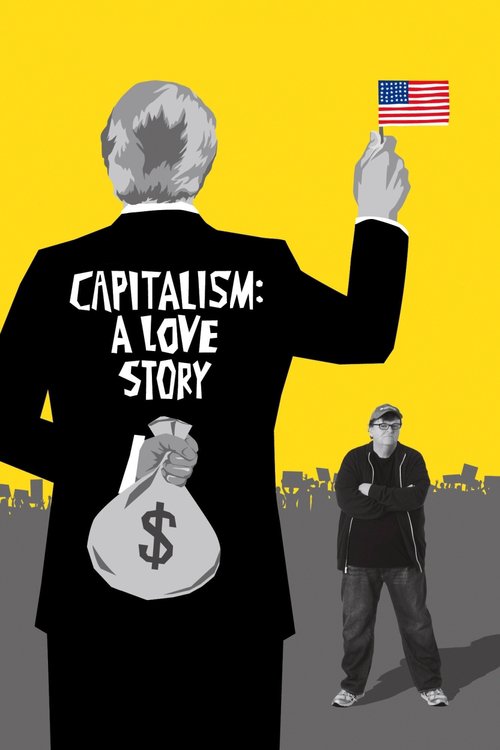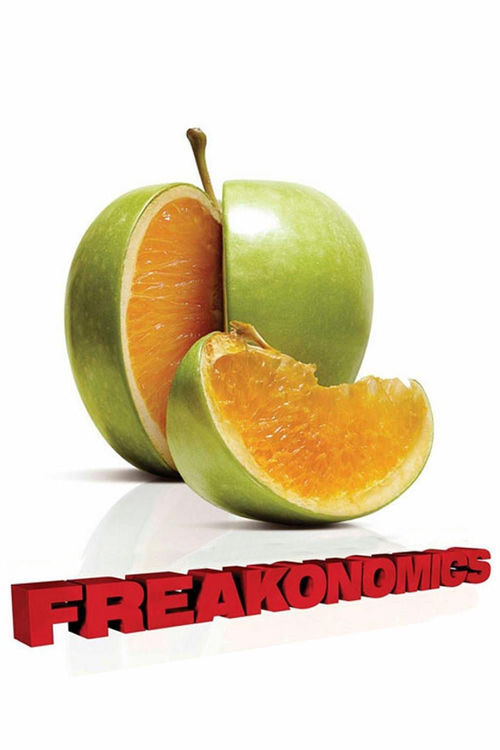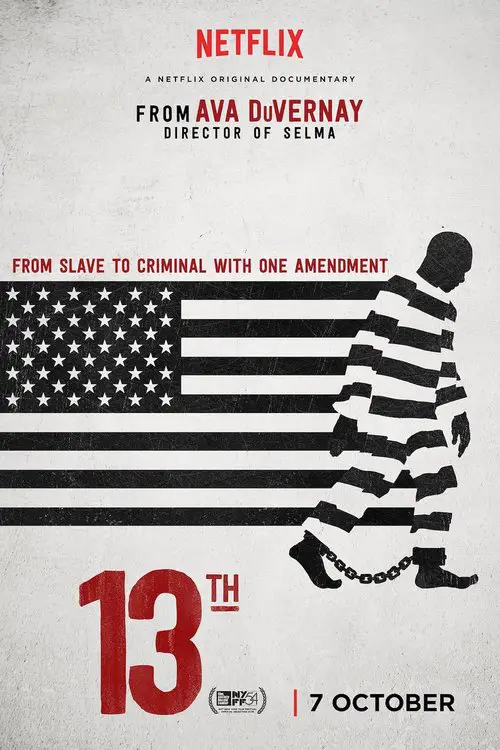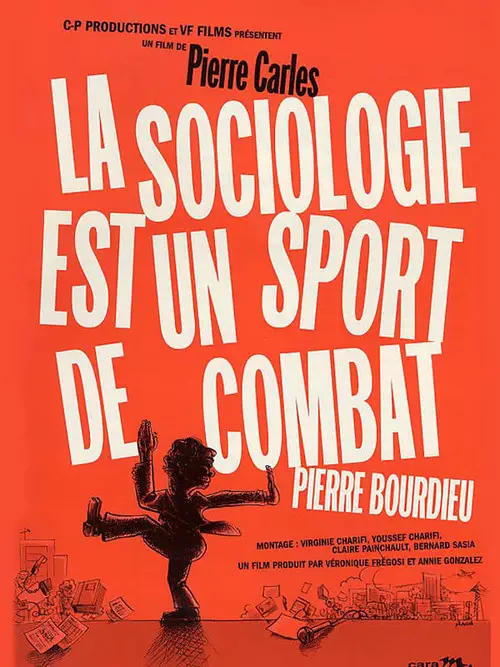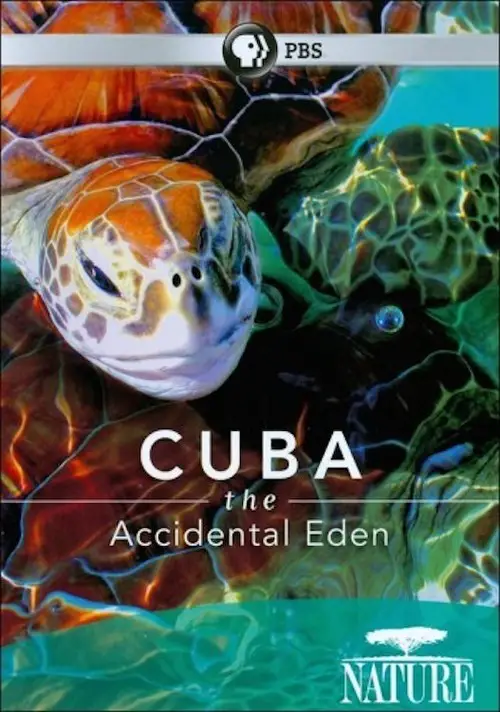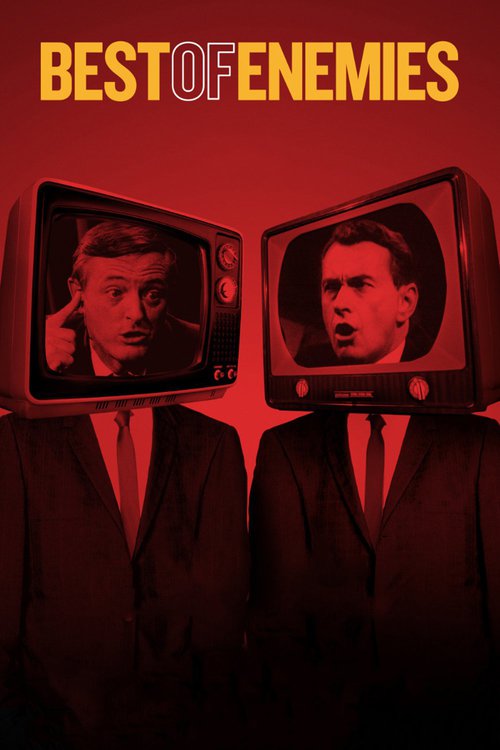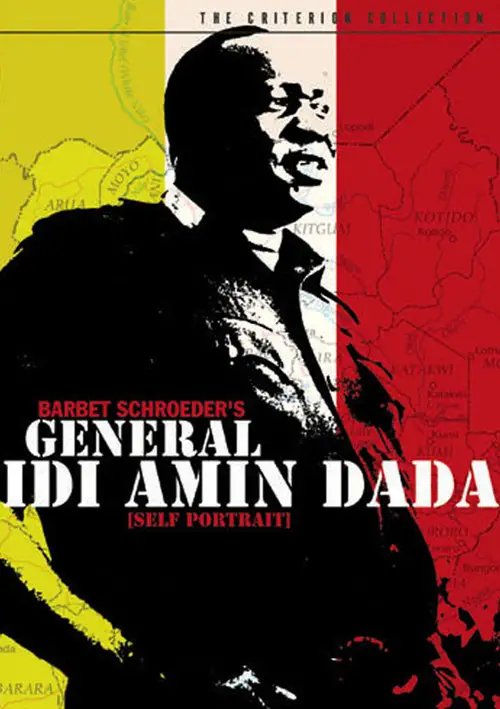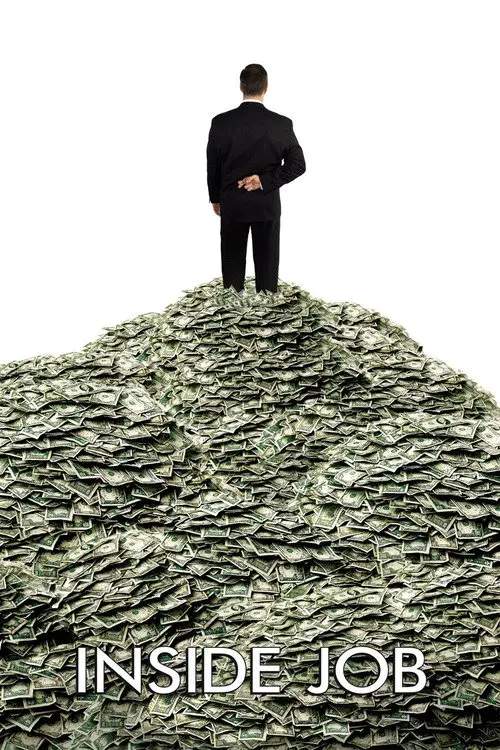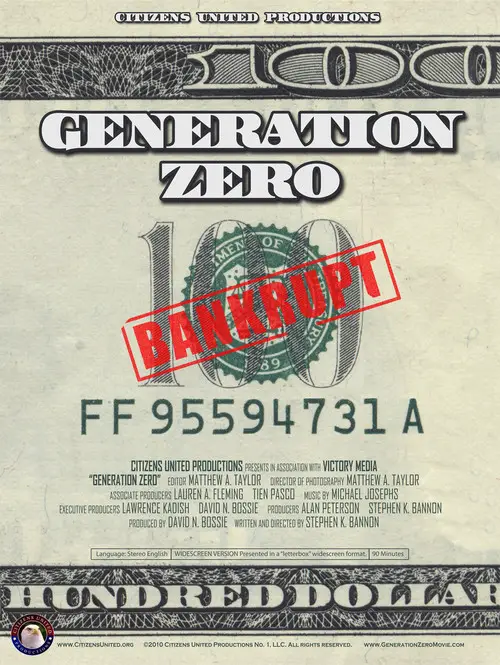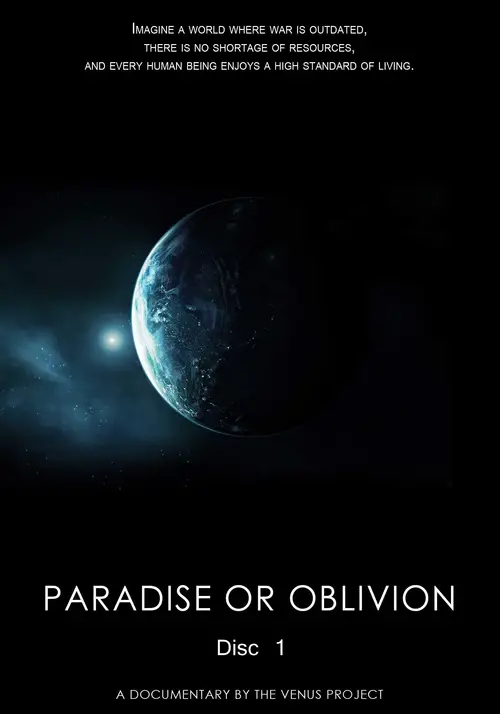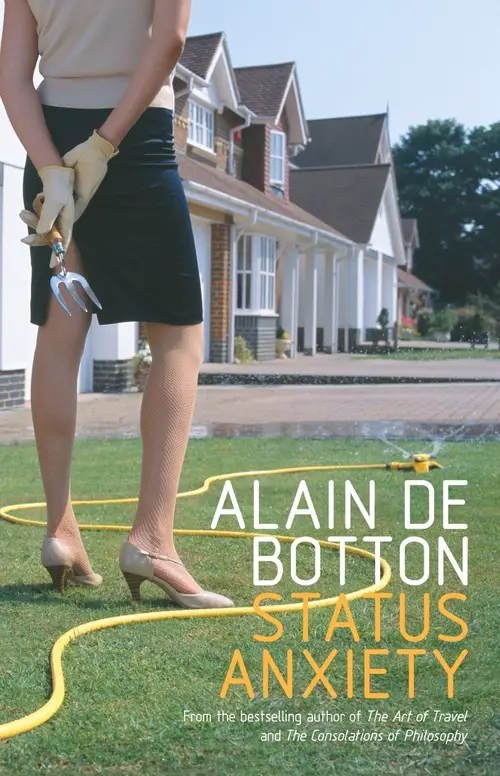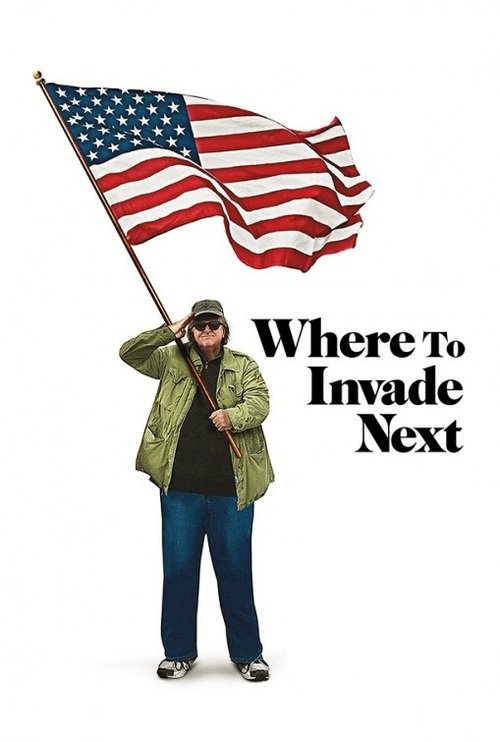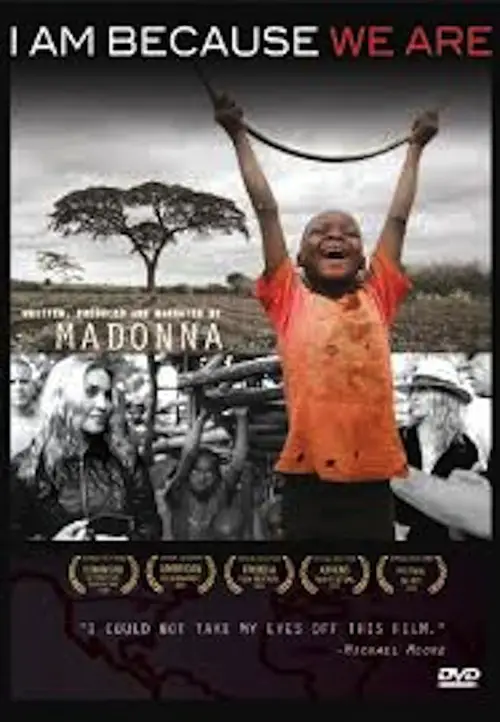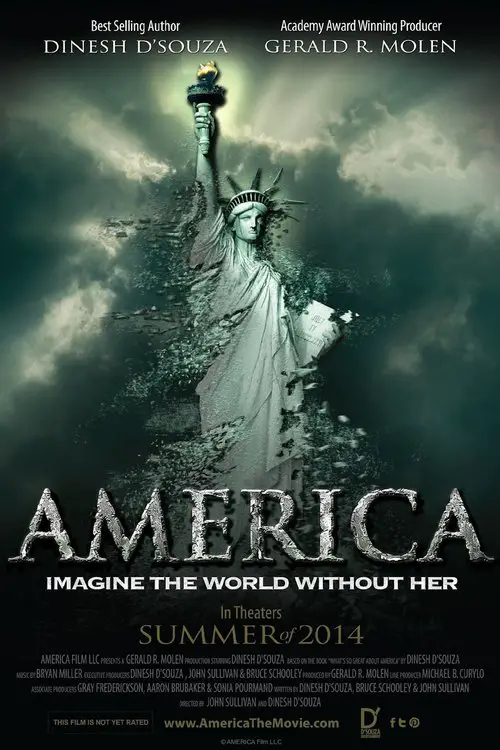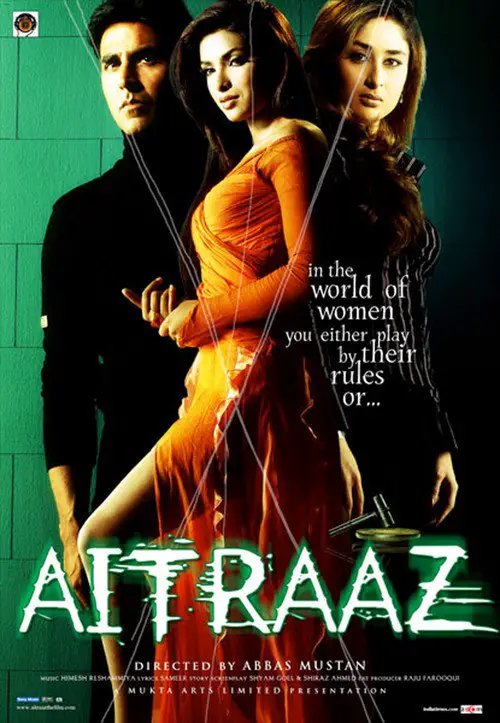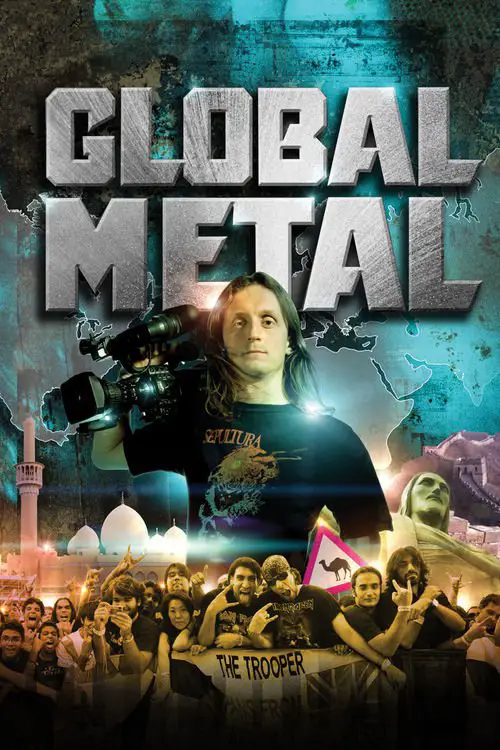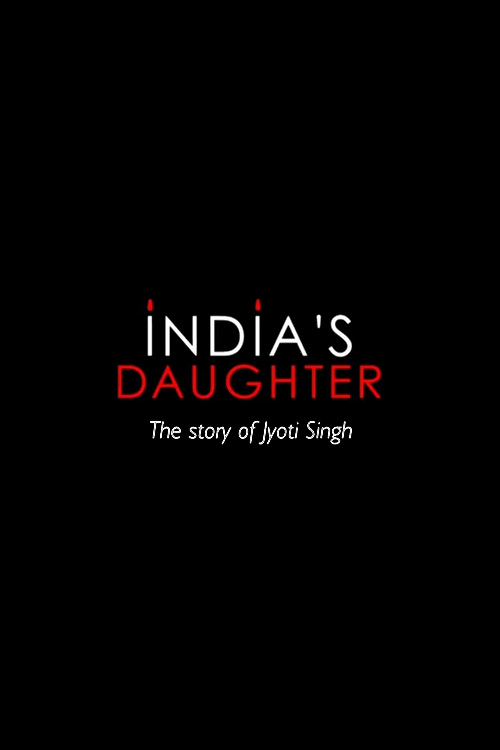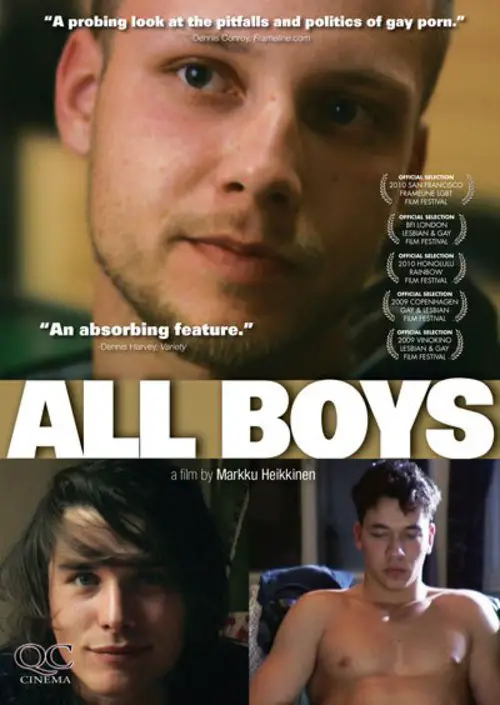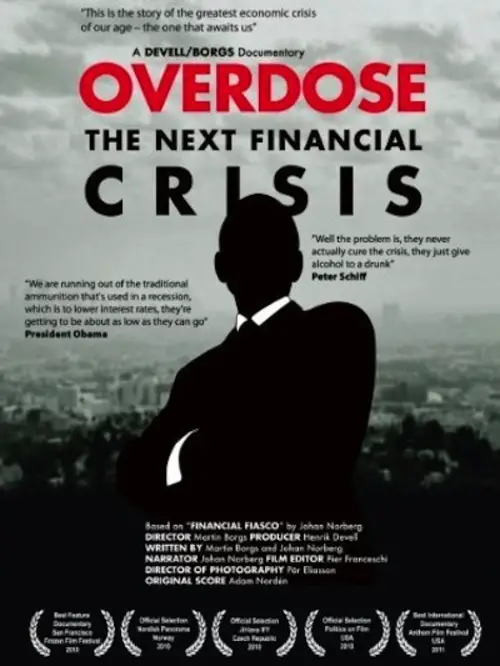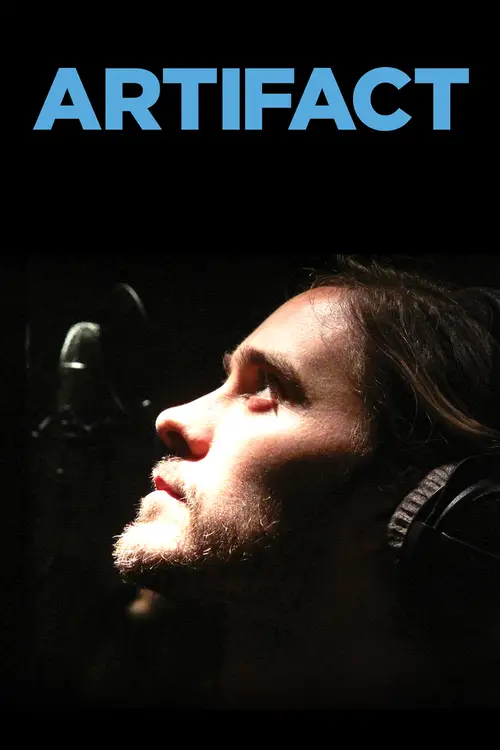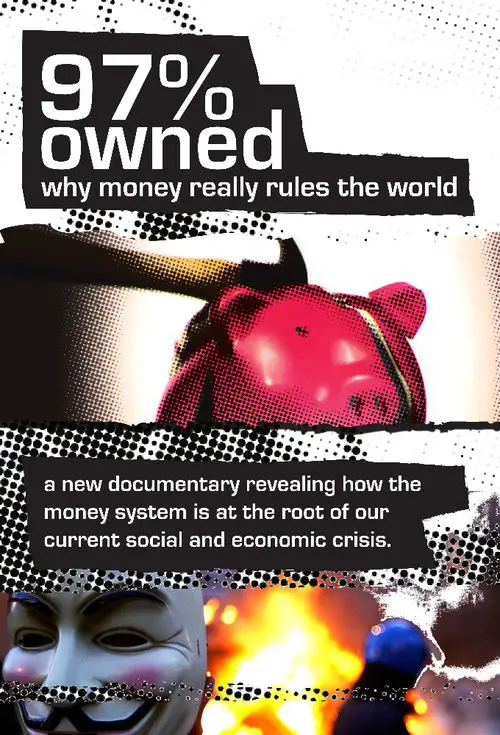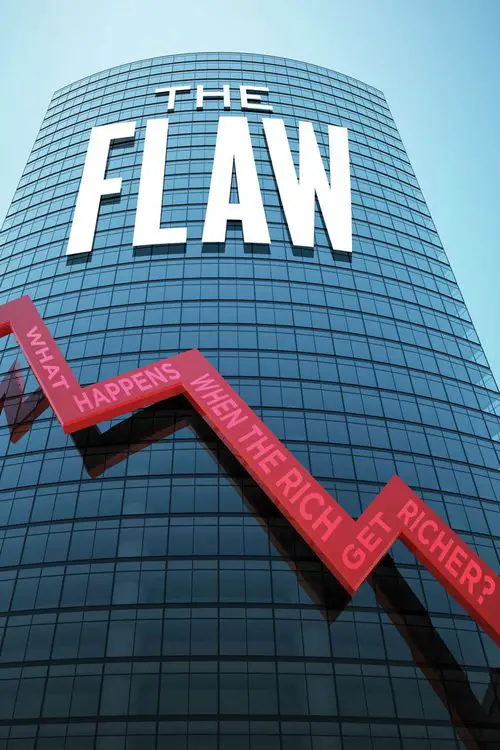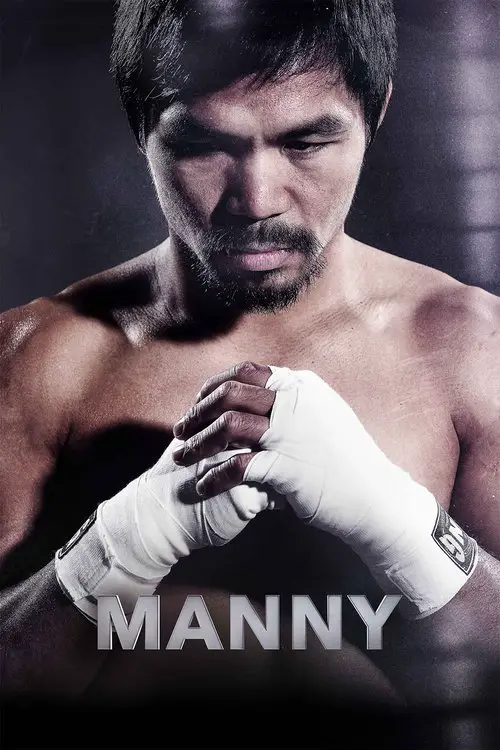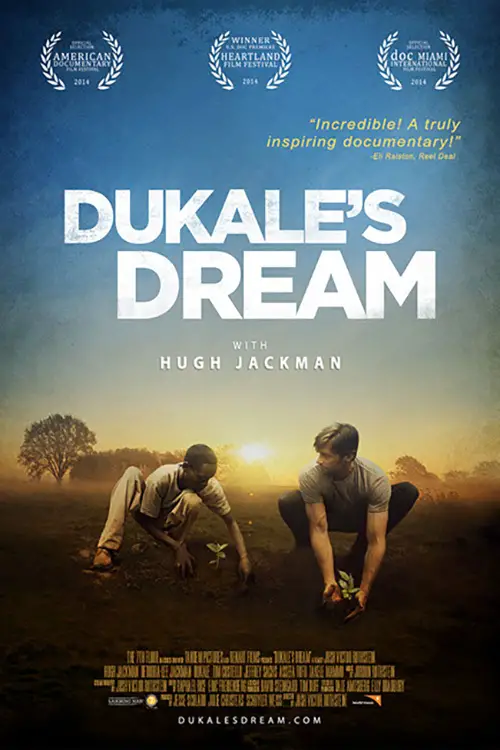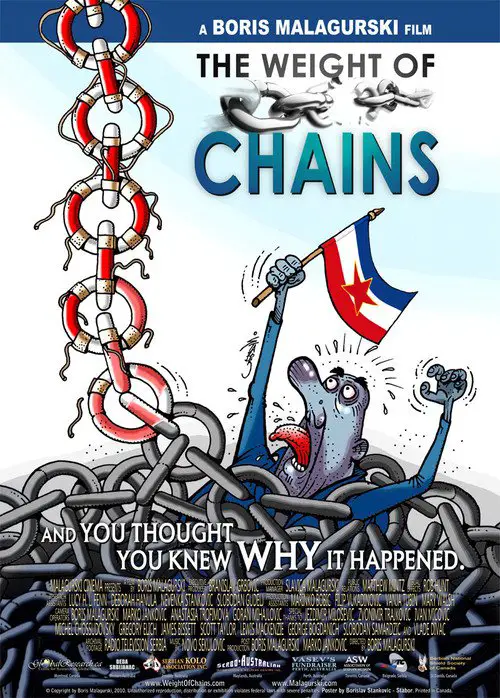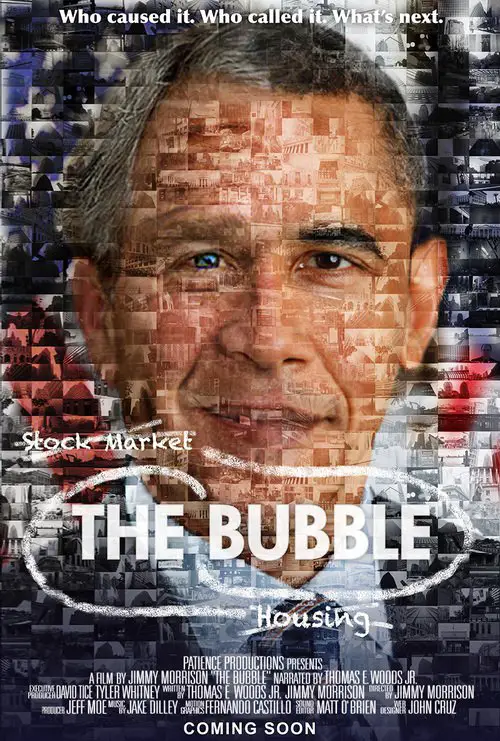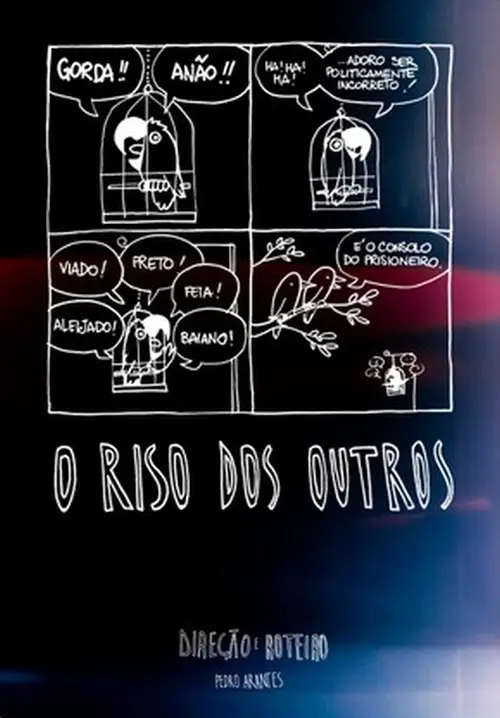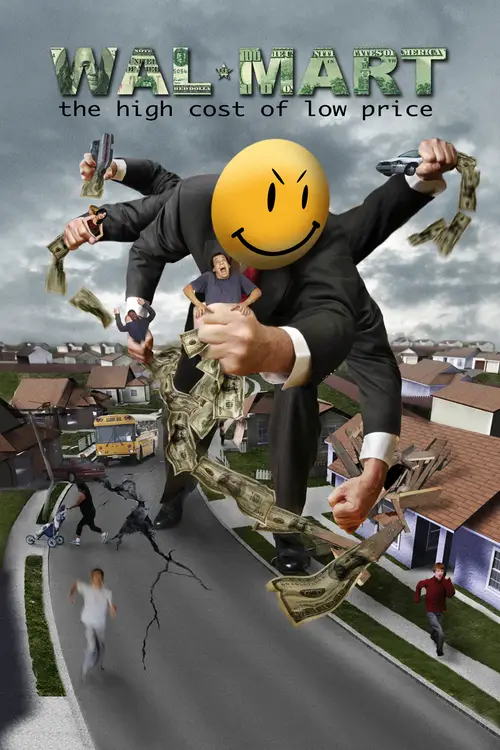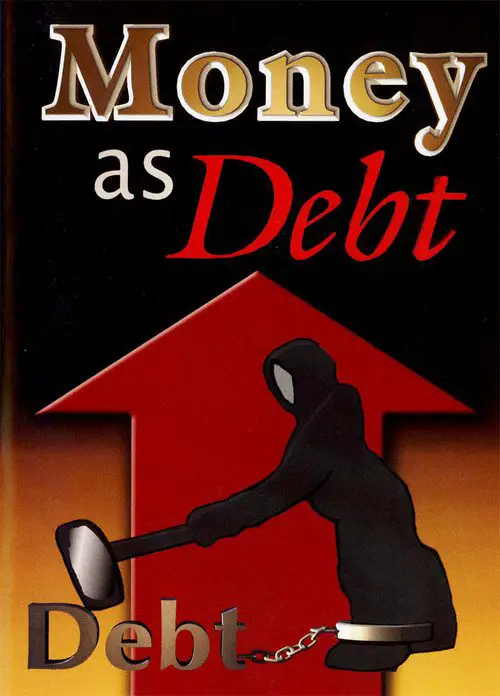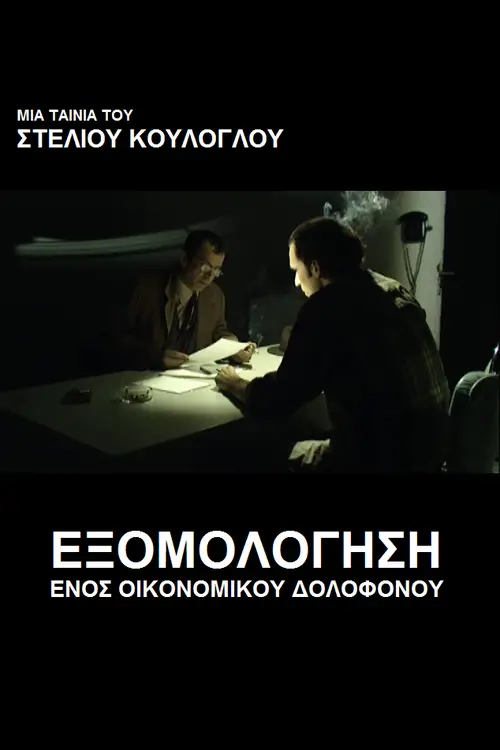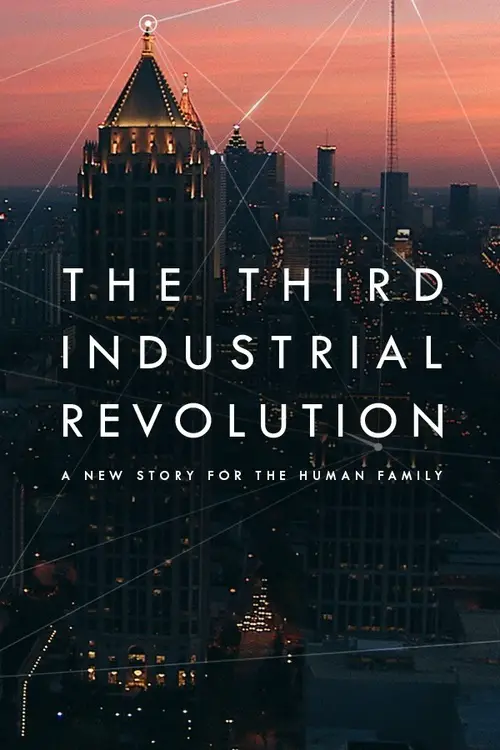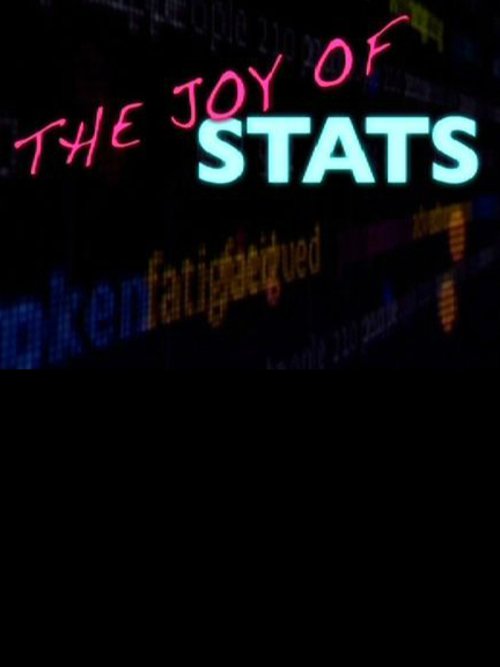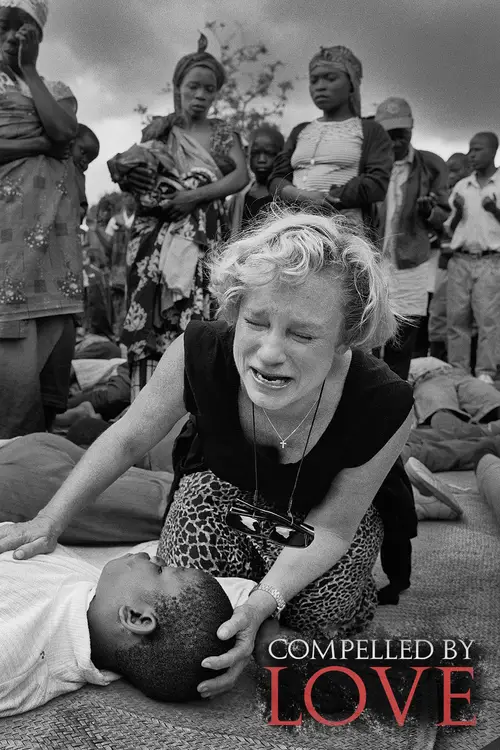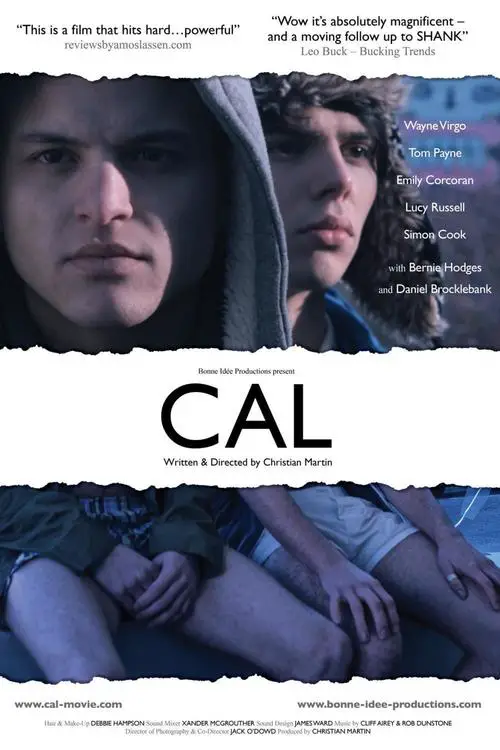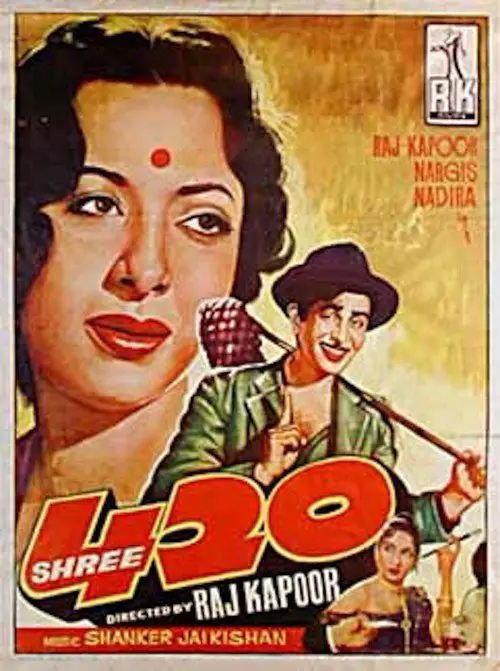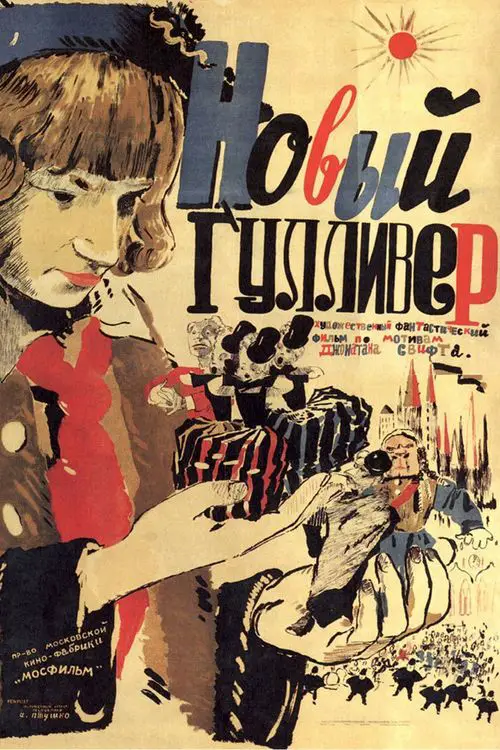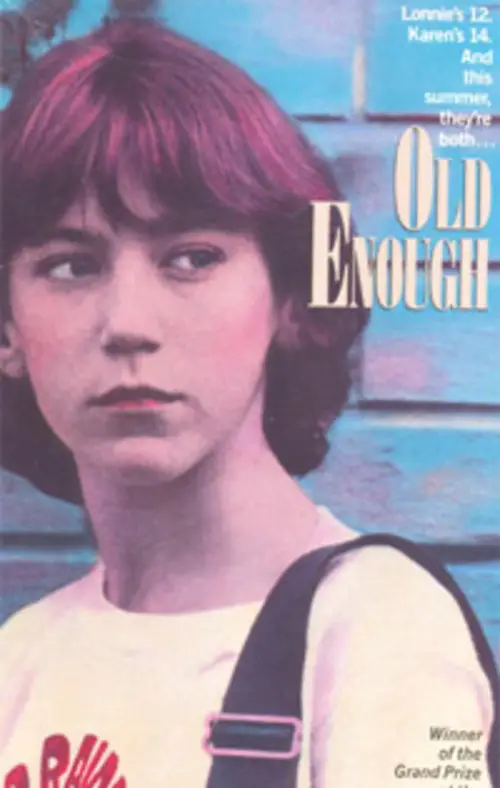Poor Us: An Animated History of Poverty (2012)
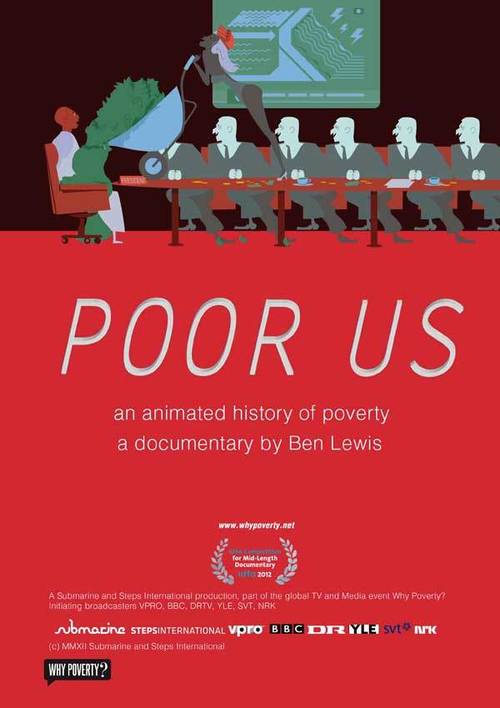
Similar movies
The End of Poverty? asks if the true causes of poverty today stem from a deliberate orchestration since colonial times which has evolved into our modern system whereby wealthy nations exploit the poor. People living and fighting against poverty answer condemning colonialism and its consequences; land grab, exploitation of natural resources, debt, free markets, demand for corporate profits and the evolution of an economic system in in which 25% of the world's population consumes 85% of its wealth. Featuring Nobel Prize winner Amartya Sen and Joseph Stiglitz, authors/activist Susan George, Eric Toussaint, Bolivian Vice President Alvaro Garcia Linera and more.
Mother, the film, breaks a 40-year taboo by bringing to light an issue that silently fuels our largest environmental, humanitarian and social crises - population growth. Since the 1960s the world population has nearly doubled, adding more than 3 billion people. At the same time, talking about population has become politically incorrect because of the sensitivity of the issues surrounding the topic- religion, economics, family planning and gender inequality. The film illustrates both the over consumption and the inequity side of the population issue by following Beth, a mother, a child-rights activist and the last sibling of a large American family of twelve, as she discovers the thorny complexities of the population dilemma and highlights a different path to solve it.
Humanityâs ascent is often measured by the speed of progress. But what if progress is actually spiraling us downwards, towards collapse? Ronald Wright, whose best-seller, âA Short History Of Progressâ inspired âSurviving Progressâ, shows how past civilizations were destroyed by âprogress trapsââalluring technologies and belief systems that serve immediate needs, but ransom the future. As pressure on the worldâs resources accelerates and financial elites bankrupt nations, can our globally-entwined civilization escape a final, catastrophic progress trap? With potent images and illuminating insights from thinkers who have probed our genes, our brains, and our social behaviour, this requiem to progress-as-usual also poses a challenge: to prove that making apes smarter isnât an evolutionary dead-end.
From the acclaimed director of American Movie, the documentary follows former Los Angeles police officer turned independent reporter Michael Ruppert. He recounts his career as a radical thinker and spells out his apocalyptic vision of the future, spanning the crises in economics, energy, environment and more.
It is well known in economics academia that The Wonderful Wizard of Oz written by L. Frank Baum in 1900 is loaded with powerful symbols of monetary reform which were the core of the Populist movement and the 1896 and 1900 president bid of Democrat William Jennings Bryan. The yellow brick road (gold standard), the emerald city of Oz (greenback money), even Dorothyâs silver slippers (changed to ruby slippers for the movie version) were the symbol of Baumâs and Bryanâs belief that adding silver coinage to gold would provide much needed money to a depression-strapped, 1890s America. We believe Baumâs symbols represent the only solution to relieve the growing economic hardship here in America â and the rest of the world. Practically speaking, 2009 marks the 70th anniversary of the 1939 MGM release of the The Wizard of Oz movie, so interest will be very high. Even Oz websites put up by kids get millions of hits.
British historian and author Niall Ferguson explains how big money works today as well as the causes of and solutions to economic catastrophes in this extended version The Ascent of Money documentary. Through interviews with top experts, such as former Federal Reserve Chairman Paul Volcker and American currency speculator George Soros, the intricate world of finance, including global commerce, banking and lending, is examined thoroughly.
Michael Winterbottom, celebrated director of 24 Hour Party People, The Road to Guantanamo, and The Trip, joins forces with actor, comedian, and provocateur Russell Brand for that most unlikely of documentary approaches: an uproarious critique of the world financial crisis. Building on Brandâs emergence as an activist following his 2014 book Revolution, where he railed against âcorporate tyranny, ecological irresponsibility, and economic inequality,â The Emperorâs New Clothes pairs archival footage with comedic send-ups conducted in the financial centers of London and New York. Brand spotlights not only how the crisis affected the working class around the world, but also how the uber-wealthy benefited from the downturn. With Winterbottom providing his signature ingenuity and pinpoint directorial control, they generate a riveting, boisterous, and, at times, cathartic riff on the extreme disparities between the haves and have nots in contemporary society.
This new documentary traces the incredible life of the single most important female athlete of the 20th century as her 70th birthday nears. American Masters looks back to the 12-year-old Long Beach, California, girl who played tennis on public courts, observed disparity and, as she soared athletically, never stopped trying to remedy inequality. During her professional tennis career, King won 39 Grand Slam titles, helped form the Virginia Slims Series (pre-cursor to WTA Tour), founded the Women's Sports Foundation and Women's Sports magazine, and co-founded World TeamTennis (WTT). Her competitiveness on the circuit was matched by her efforts on behalf of women and the LGBT community, and her commitment to prove there is strength in diversity. Through these interviews and archival footage, the film illustrates the life of a woman whose journey became not just a battle for personal glory but a sociopolitical battle for equality for all.
With breathtaking clarity, renowned University of Massachusetts Economics Professor Richard Wolff breaks down the root causes of today's economic crisis, showing how it was decades in the making and in fact reflects seismic failures within the structures of American-style capitalism itself. Wolff traces the source of the economic crisis to the 1970s, when wages began to stagnate and American workers were forced into a dysfunctional spiral of borrowing and debt that ultimately exploded in the mortgage meltdown. By placing the crisis within this larger historical and systemic frame, Wolff argues convincingly that the proposed government "bailouts," stimulus packages, and calls for increased market regulation will not be enough to address the real causes of the crisis, in the end suggesting that far more fundamental change will be necessary to avoid future catastrophes.
With the country's debt growing out of control, Americans by and large are unaware of the looming financial crisis. This documentary examines several of the ways America can get its economy back on the right track. In addition to looking at the federal deficit and trade deficit, the film also closely explores the challenges of funding national entitlement programs such as Social Security, Medicare and Medicaid.
Cuba's political and economic exile has yielded a startling upside: A pristine island preserve boasting one of the most diverse and primordial ecosystems in the region. But how will nature fare if the U.S. trade embargo ends and tourists pour in? This episode of the PBS series observes jumping crocodiles, painted snails and other famed residents while profiling the unsung scientists who are studying and protecting the creatures' idyllic habitats.
A documentary about the legendary series of nationally televised debates in 1968 between two great public intellectuals, the liberal Gore Vidal and the conservative William F. Buckley Jr. Intended as commentary on the issues of their day, these vitriolic and explosive encounters came to define the modern era of public discourse in the media, marking the big bang moment of our contemporary media landscape when spectacle trumped content and argument replaced substance. Best of Enemies delves into the entangled biographies of these two great thinkers and luxuriates in the language and the theater of their debates, begging the question, 'What has television done to the way we discuss politics in our democracy today?'
Uganda's dictator, General Idi Amin Dada, accepts a foreign crew's request to interview and film him. He talks to the camera about his outreach to Arab nations, his goal of eradicating Israel, his views on economic policy, and his views of Nixon, Kissinger, and other world leaders. We also see him dressing down his ministers at a cabinet meeting (two weeks after this meeting, the foreign minister, whom Amin criticizes here, is murdered), supervising a war-game simulation of an invasion of Israel, visiting a village, and addressing a conclave of Ugandan physicians.
A film that exposes the shocking truth behind the economic crisis of 2008. The global financial meltdown, at a cost of over $20 trillion, resulted in millions of people losing their homes and jobs. Through extensive research and interviews with major financial insiders, politicians and journalists, Inside Job traces the rise of a rogue industry and unveils the corrosive relationships which have corrupted politics, regulation and academia.
Paradise or Oblivion is a free online documentary produced by the Venus Project. This documentary details the root causes of the systemic value disorders and detrimental symptoms caused by our current established system. The film advocates a new socio-economic system, which is updated to present-day knowledge, featuring the life-long work of Social Engineer, Futurist, Inventor and Industrial Designer Jacques Fresco, which he calls a Resource-Based Economy. Paradise or Oblivion by the Venus Project introduces the viewer to a more appropriate value system that would be required to enable this caring and holistic approach to hhuman civilisation. This alternative surpasses the need for a monetary-based, controlled scarcity environment we find ourselves in today.
A feature-length documentary to show why Britain should vote to LEAVE the EU - and would thrive outside of it. Brexit: The Movie spells out the danger of staying part of the EU. Is it safe to give a remote government beyond our control the power to make laws? Is it safe to tie ourselves to countries which are close to financial ruin, drifting towards scary political extremism, and suffering long-term, self-inflicted economic decline?
I Am Because We Are is a 2008 documentary film directed by Nathan Rissman and written, narrated, and produced by Madonna through her production company Semtex Films. The film documents the concern over the millions of orphans in the African country of Malawi who have lost parents and siblings to HIV and AIDS, many of whom live on the streets. The film also shows the efforts with Madonna's charitable organisation Raising Malawi in helping with improving their lives and conditions.
The eagerly awaited sequel to Patrick Keiller's London and Robinson in Space is a beautifully photographed cinematic essay on our current environmental and economic predicament, narrated by Vanessa Redgrave. Timely, provocative and studded with surreal humour, Robinson in Ruins reveals hidden histories and surprising visions (from the opium poppy fields of Oxfordshire to what seems to be a talking post box), making us consider the world around us afresh.
Political commentator, author and filmmaker Dinesh D'Souza puts forth the notion that America's history is being replaced by another version in which plunder and exploitation are the defining characteristics. D'Souza also posits that the way the country understands the past will determine the future. Using historic re-enactments, D'Souza explores the lives and sacrifices of some of America's greatest heroes, including George Washington and Frederick Douglass.
Aitraaz movie revolves around the character Raj Malhotra (Akshay Kumar) a successful businessmanhas everything going for him, including a lovely wife (Kareena Kapoor). Just when he thinks things can't get any better, Sonia (Priyanka Chopra) - his ex-girlfriend, now the boss's wife - walks back into his life - and she wants Raj at any cost.
In GLOBAL METAL, directors Scot McFadyen and Sam Dunn set out to discover how the West's most maligned musical genre - heavy metal - has impacted the world's cultures beyond Europe and North America. The film follows metal fan and anthropologist Sam Dunn on a whirlwind journey through Asia, South America and the Middle East as he explores the underbelly of the world's emerging extreme music scenes; from Indonesian death metal to Chinese black metal to Iranian thrash metal. GLOBAL METAL reveals a worldwide community of metalheads who aren't just absorbing metal from the West - they're transforming it - creating a new form of cultural expression in societies dominated by conflict, corruption and mass-consumerism.
The story of the short life, and brutal gang rape and murder in Delhi in December 2012 of an exceptional and inspiring young woman. The rape of the 23 year old medical student by 6 men on a moving bus, and her death, sparked unprecedented protests and riots throughout India and led to the first glimmers of a change of mindset. Interwoven into the story line are the lives, values and mindsets of the rapists whom the film makers have had exclusive and unprecedented access to interview before they hang. The film examines the society and values which spawn such violent acts, and makes an optimistic and impassioned plea for change.
Artifact is a 2012 American documentary film directed by Jared Leto under the pseudonym of Bartholomew Cubbins, a recurring character in the Dr. Seuss universe. The film is a documentary about the making of the 30 Seconds to Mars album This Is War and the band's battle against record label EMI. Included in Artifact are several interviews, including the one with neurophysicist Daniel Levitin, author of the popular science book This Is Your Brain On Music. The film won the BlackBerry People's Choice Documentary Award at the 2012 Toronto International Film Festival.
97% owned present serious research and verifiable evidence on our economic and financial system. This is the first documentary to tackle this issue from a UK-perspective and explains the inner workings of Central Banks and the Money creation process. When money drives almost all activity on the planet, it's essential that we understand it. Yet simple questions often get overlooked, questions like; where does money come from? Who creates it? Who decides how it gets used? And what does this mean for the millions of ordinary people who suffer when the monetary, and financial system, breaks down? Produced by Queuepolitely and featuring Ben Dyson of Positive Money, Josh Ryan-Collins of The New Economics Foundation, Ann Pettifor, the "HBOS Whistleblower" Paul Moore, Simon Dixon of Bank to the Future and Nick Dearden from the Jubliee Debt Campaign.
The story of the credit bubble that caused the financial crash. Through interviews with some of the world's leading economists, including housing expert Robert Shiller, Nobel laureate Joseph Stiglitz, and economic historian Louis Hyman, as well as Wall Street insiders and victims of the crash including Ed Andrews - a former economics correspondent for The New York Times who found himself facing foreclosure - and Andrew Luan, once a bond trader at Deutsche Bank now running his own Wall Street tour guide business, the film presents an original and compelling account of the toxic combination of forces that nearly destroyed the world economy.
From abject poverty to becoming a ten-time boxing world champion, congressman, and international icon, Manny Pacquiao is the true definition of a Cinderella story. In the Philippines, he first entered the ring as a sixteen-year-old weighing ninety-eight pounds with the goal of earning money to feed his family. Now, almost twenty years later, when he fights, the country of 100 million people comes to a complete standstill to watch. Regarded for his ability to bring people together, Pacquiao entered the political arena in 2010. As historyâs first boxing congressman, Pacquiao now fights for his people both inside and outside of the ring. Now at the height of his career, he is faced with maneuvering an unscrupulous sport while maintaining his political duties. The question now is, what bridge is too far for Manny Pacquiao to cross?
In 2009, actors Hugh Jackman and his wife, Deborra-lee Furness, traveled to Ethiopia as ambassadors for World Vision Australia, one of the world's largest humanitarian aid organizations. As longtime donors, the Jackmans wanted to visit a World Vision community development project to see how rural communities were being empowered to eradicate poverty. While in the Yirgacheffe region, Hugh met a 27 year-old coffee farmer named Dukale, working to lift his family out of poverty. Spending time on Dukale's farm, Hugh learned first-hand about the value of fair trade coffee and clean cookstove technology. (C) Official Site
The Weight of Chains is a Canadian documentary film that takes a critical look at the role that the US, NATO and the EU played in the tragic breakup of a once peaceful and prosperous European state - Yugoslavia. The film, bursting with rare stock footage never before seen by Western audiences, is a creative first-hand look at why the West intervened in the Yugoslav conflict, with an impressive roster of interviews with academics, diplomats, media personalities and ordinary citizens of the former Yugoslav republics. This film also presents positive stories from the Yugoslav wars - people helping each other regardless of their ethnic background, stories of bravery and self-sacrifice.
A serious docu-comedy about the commercialization of Christmas. What Would Jesus Buy? follows Reverend Billy and the Church of Stop Shopping Gospel Choir as they go on a cross-country mission to save Christmas from the Shopocalypse: the end of mankind from consumerism, over-consumption and the fires of eternal debt!
There are limits to jokes? What is the politically incorrect humor? A joke has the power to offend? It is these issues that 'Laughter of Others' discusses interviewing personalities such as comedians Danilo Gentili and Rafinha Bastos, cartoonist Laerte and Congressman Jean Wyllys, among others. The documentary delves into the world of Stand Up Comedy to discuss the fine line between comedy and offense, between legal and what creates endless lawsuits.
This documentary takes the viewer on a deeply personal journey into the everyday lives of families struggling to fight Goliath. From a family business owner in the Midwest to a preacher in California, from workers in Florida to a poet in Mexico, dozens of film crews on three continents bring the intensely personal stories of an assault on families and American values.
In front of an angry audience somewhere in Latin America, a North American discloses the secret network that used the World Bank, payoffs, extortion and sex, military coups and political assassinations to create the American empire. The definitive answer to President Bush's question: "why do they hate us?"
King Corn is a fun and crusading journey into the digestive tract of our fast food nation where one ultra-industrial, pesticide-laden, heavily-subsidized commodity dominates the food pyramid from top to bottom â corn. Fueled by curiosity and a dash of naiveté, two college buddies return to their ancestral home of Greene, Iowa to figure out how a modest kernel conquered America. With the help of some real farmers, oodles of fertilizer and government aide, and some genetically modified seeds, the friends manage to grow one acre of corn. Along the way, they unlock the hilarious absurdities and scary but hidden truths about Americaâs modern food system in this engrossing and eye-opening documentary.
The global economy is in crisis. Our biosphere's inability to absorb human activity, combined with the exhaustion of natural resources, declining productivity, slow growth, rising unemployment, and steep inequality, forces us to rethink our economic models. Where do we go from here? In this compelling feature-length documentary, social and economic theorist Jeremy Rifkin lays out a road map to usher in a new era of sustainable development. A Third Industrial Revolution will unfold when three technologies emerge and converge: new communication, new sources of energy, and new modes of mobility. But, in the context of climate change, it needs to happen fast. Change of this magnitude requires political will and a profound ideological shift.
This feature-length biography traces the journey of Heidi Baker, a modern day Mother Theresa, as The Bakerâs pursuit of the presence of God has transformed a poverty-stricken and war torn Mozambique through love in action. Shot on the run over a period of 20 years, in 10 countries and on 4 continents in war zones, brothels, and Ivy League campuses, from Hollywood to Mozambique, this film chronicles the power of one life fully yielded to God and the truth that love wins.
Twenty-year-old Cal returns from France to Britain after receiving news that his mother is ill. His finds his home city of Bristol facing hard economic times brought on by the global economic crisis, with poverty and crime on the rise and rioting and looting almost a nightly occurrence. It is not a warm homecoming as his sick mother remains stubbornly homophobic and wants nothing to do with the now openingly gay Cal while his battered Auntie Jane, now living in a run down council house, dulls her stagnation with welfare funded booze and disturbing attempts to sexually seduce her nephew. Navigating his way across this new landscape he meets a young student who needs his help. However his act of kindness brings him into contact with a lawless drug dealing pimp and a race against time to make peace with his mother and get out of town as quickly as possible. An intense tale of a family mired in poverty, angry and lost but still searching for love, respect and acceptance.
Cahiers du cinéma critic Serge Daney asks whether The Kingdom of Naples is "leftist fiction, kitschy melodrama, photo-roman, a decadent chronicle of a city, opera in a minor key, or simply the first realistic narrative film by Schroeter?" It is all of these and more: an epic chronicle of proletarian family life in Naples from 1943 to 1972 that brilliantly captures the wretched poverty, overwrought passions, and political, religious and economic upheavals of Sicily across two generations. Schroeter assimilates neorealist aesthetics and class sympathies with the tempestuous excesses of popular melodrama, borrowing freely from Rossellini, Pasolini, Visconti, Brecht, and Rossini. (Facets)
Wearing torn Japanese shoes, English trousers, a red Russian cap, and a Hindustani heart, orphaned Ranbir Raj comes to Bombay to make his fortune. He pawns his gold medal, gambles with the money, loses everything, & the balance is pick-pocketed. He ends up on the beach, meets with Vidya Shastri, a teacher who runs a private school, and both fall in love. Ranbir gets a job in a laundry. When he goes to deliver some clothes to Maya, she notices that he has a way with cards, gets him to accompany her to a casino of sorts, where he wins Rs.20000/-, which unfortunately is pocketed by Maya. Then a rich industrialist, Sonanand Dharmachand, approaches Ranbir, hires him to work for him, and soon Ranbir is on his way to a wealthy life. Vidya gets a first hand look at this wealthy life, and decides to break up with him. Sonachand teaches Ranbir that in order to make money one must never discriminate between the rich and poor...
The 12 years old well-bred Lonnie meets the impudent Karen on the street. They spend some time together and Karen teaches Lonnie some of her favorite occupancies, like make-up, shoplifting, skipping school and lying to the parent about it, but confessing to the priest later. But Karen also learns some honesty from Lonnie. A film about social differences and growing up.
© Valossa 2015–2026
| Privacy Policy
